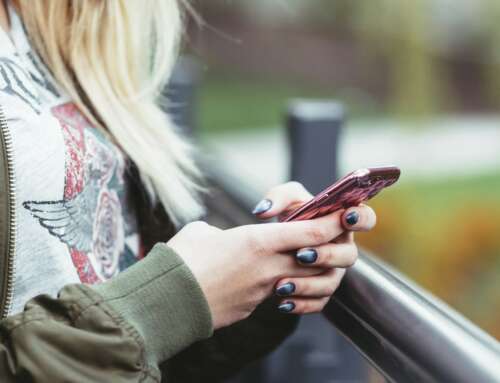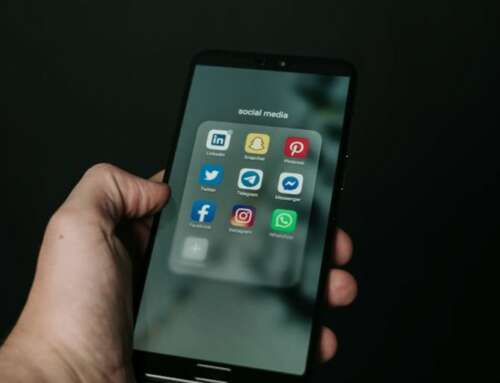Nowadays, we have plenty of social networking sites to choose from, and the options seem to be ever expanding.
Many people actually hold multiple accounts, which they may use for different purposes.
I, for one, use one platform to communicate with friends and family, and another to stay up to date with the most recent research developments.
Sometimes, however, a sense of dread creeps in: what if I’m wasting too much of my time reading the news instead of actually writing the news? What if my Facebook friends are doing more with their lives?
When these thoughts strike, it feels as though social media is a sort of black hole, sucking up time as well as mental and emotional energy. Would I be better off “unplugging” more often?
And it seems that I’m not the only one having these concerns. In speaking to my colleagues in the Medical News Today office, I learned that a similar sense of unease regarding social media was a common denominator.
“It takes me out of the ‘now’ all the time,” one colleague reported, and several others said that they were worried by social networks’ “echo chamber effects.” Also, colleagues who had already said their goodbyes to social media still stand by their decision wholeheartedly.
“I have stopped using [social media] because of ‘fear of missing out’ and always being sad about other people doing fun stuff or appearing to do fun stuff,” one such colleague confessed. “I know that it’s all a fantasy world but it’s impossible not to be sucked into it and made to feel as though your life is ‘less fun’ than others’. I am so much happier without [these accounts].”
Over the past couple of years, many people — especially from the younger generations — have been leaving social networking websites.
Viral talks from those who left social media for a month or more — such as this one — suggest that a proper detox has helped them to become more relaxed, focused, and productive. But does scientific research support these anecdotal conclusions?
Spoiler alert: yes. And here’s what it says.
1. Social media can affect mental health
A number of studies have linked social media use with increased levels of depression, anxiety, and isolation.
Research has revealed that younger and older users alike are in danger of breaking under the pressure of unachievable standards of beauty and success, which are often inherent in the workings of social networking websites.
A study published last month found that among children aged 10 who are active on the Internet, social media accounts “could have [a negative] impact on well-being later in adolescence and perhaps throughout adulthood,” the authors explain.
Among young adult users, social media notably increases the incidence of anxiety and depression, according to the results of a sizeable study conducted in 2016.
In fact, the researchers saw that users who frequently checked their accounts had a more than twice as high a risk of depression than their less social media-oriented peers.
This may partly be due to the fact that social networks create an artificial need to be available 24/7, to respond to messages and emoji reactions instantly. But this attitude creates an unnecessary amount of low-key stress that takes its toll on our emotional well-being.
And, despite the fact that such platforms are supposed to enhance our sense of connectedness with other people, research has found that they actually have the opposite effect: they render dedicated users lonelier and more isolated.
However, this shouldn’t really surprise us. The hyperconnectedness takes place at a superficial level, eliminating all of the extra elements that make communication more valuable and psychologically constructive.
Such elements include eye contact, body language, the possibility of listening for changes in our interlocutor’s tone of voice, or the possibility of physical touch.
2. Online interactions can harm relationships
Social media websites can also promote loneliness by harming the quality of relationships in direct and indirect ways.
Firstly, there’s only so much that you can control when it comes to what your friends — or often “friends” — share about you on their social media accounts.
Perhaps a new acquaintance thinks it’s funny, for example, to publicly share an unflattering photo of you two at the bar after work.
Or, maybe your third cousin is amused by the idea of tagging you in a meme with doubtful implications.
Such situations may cause embarrassment at best, but a study published in the journal Computers in Human Behavior suggests that these moments can often damage relationships in irreparable ways.
“We found,” explains study co-author Yvette Wohn, “that people who tried to remove or justify embarrassing content actually experienced a decline in their relationship with the offender.”
“It may be important for people to know that trying to engage in impression management may also come at the expense of a personal relationship,” she adds.
– Maria Cohut
Read more: Top 5 Reasons For a Social Media Detox
Image by Marvin Meyer from Unsplash







Leave A Comment